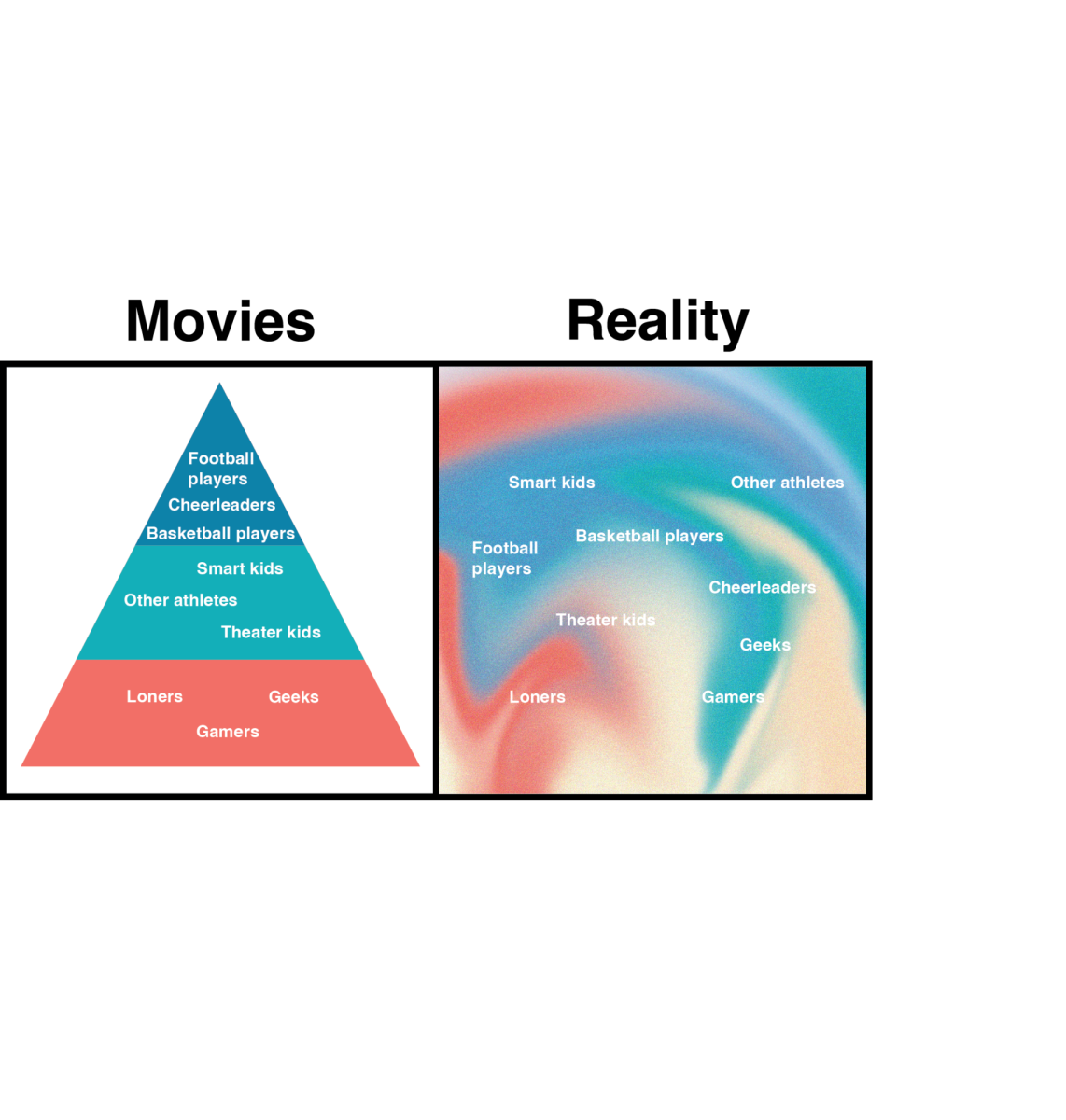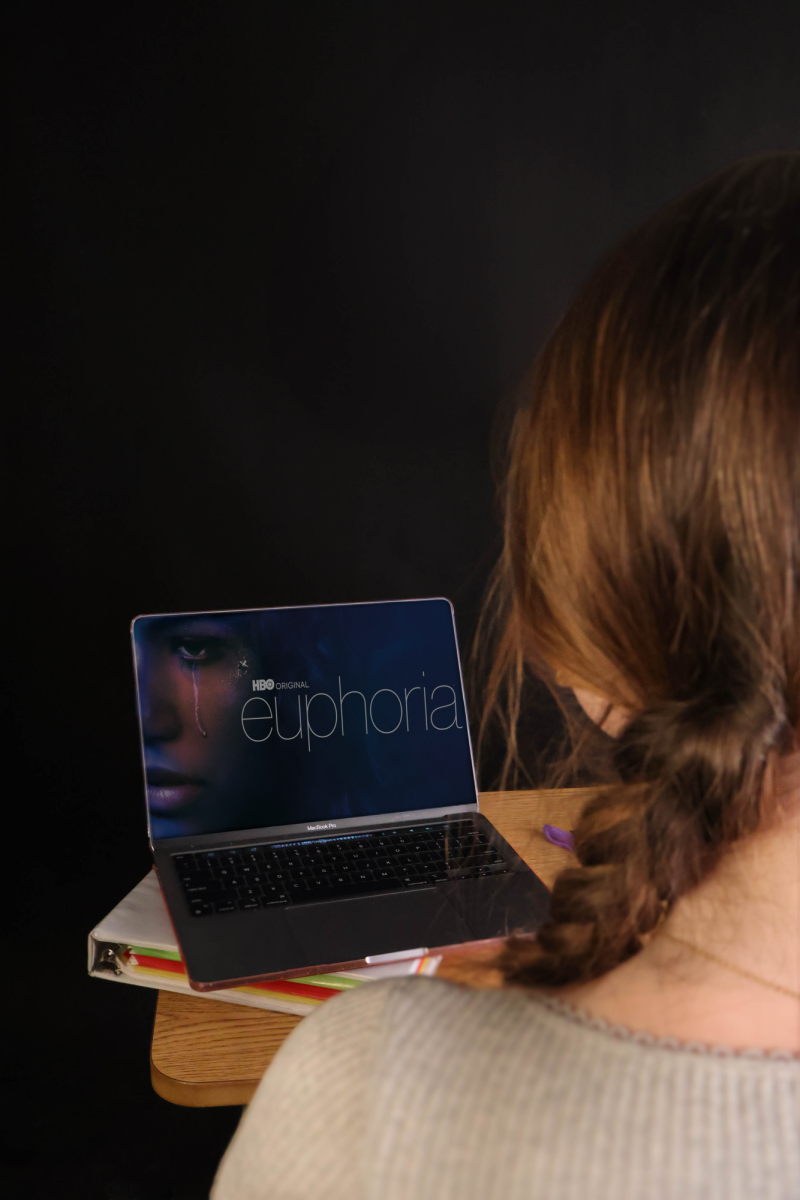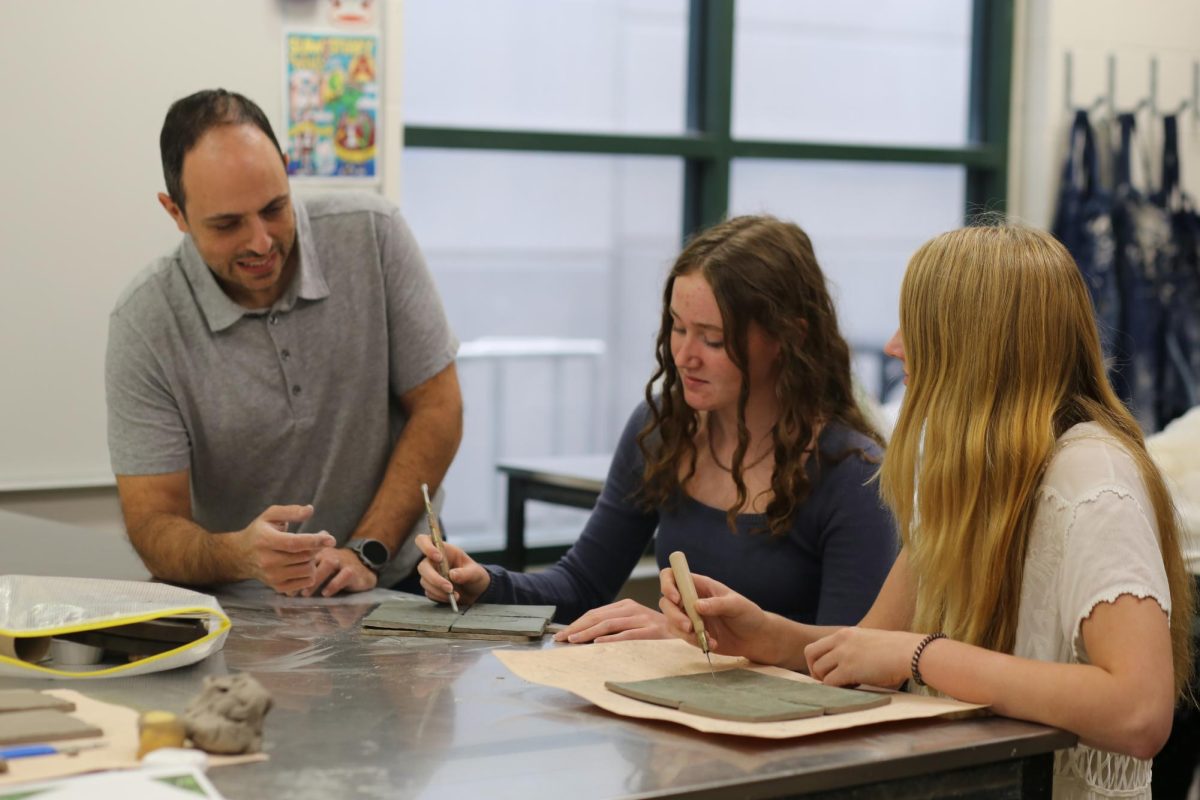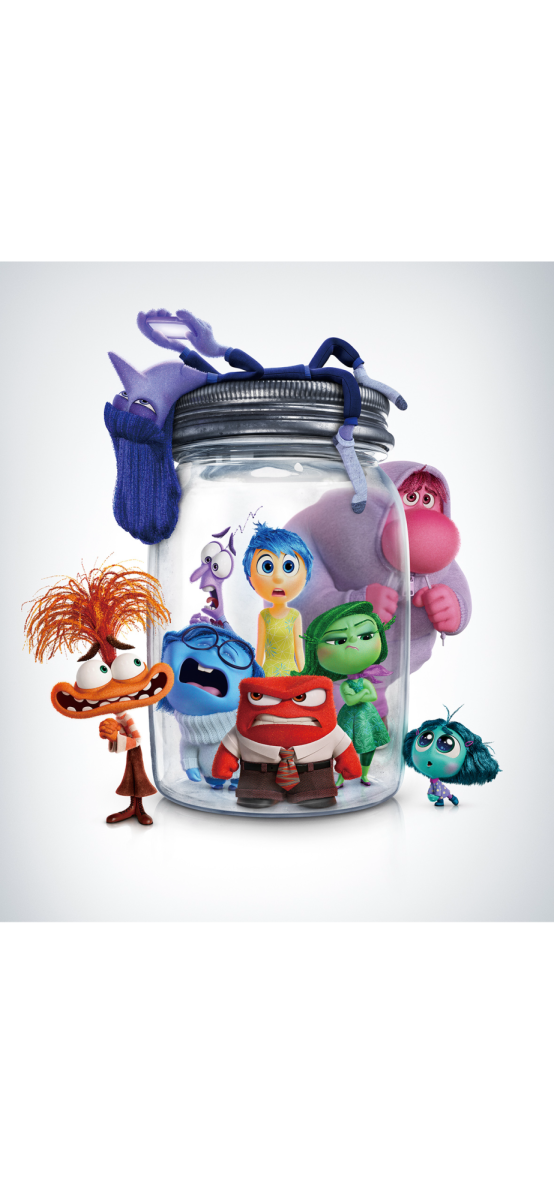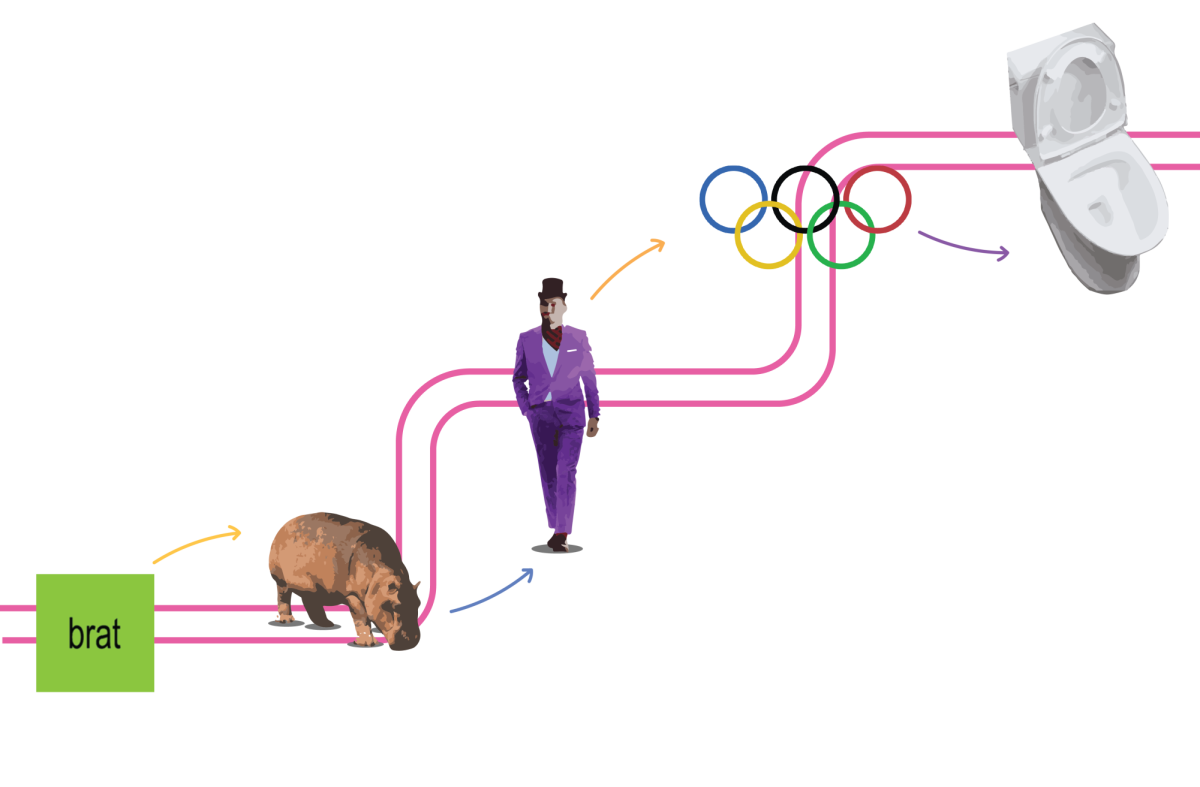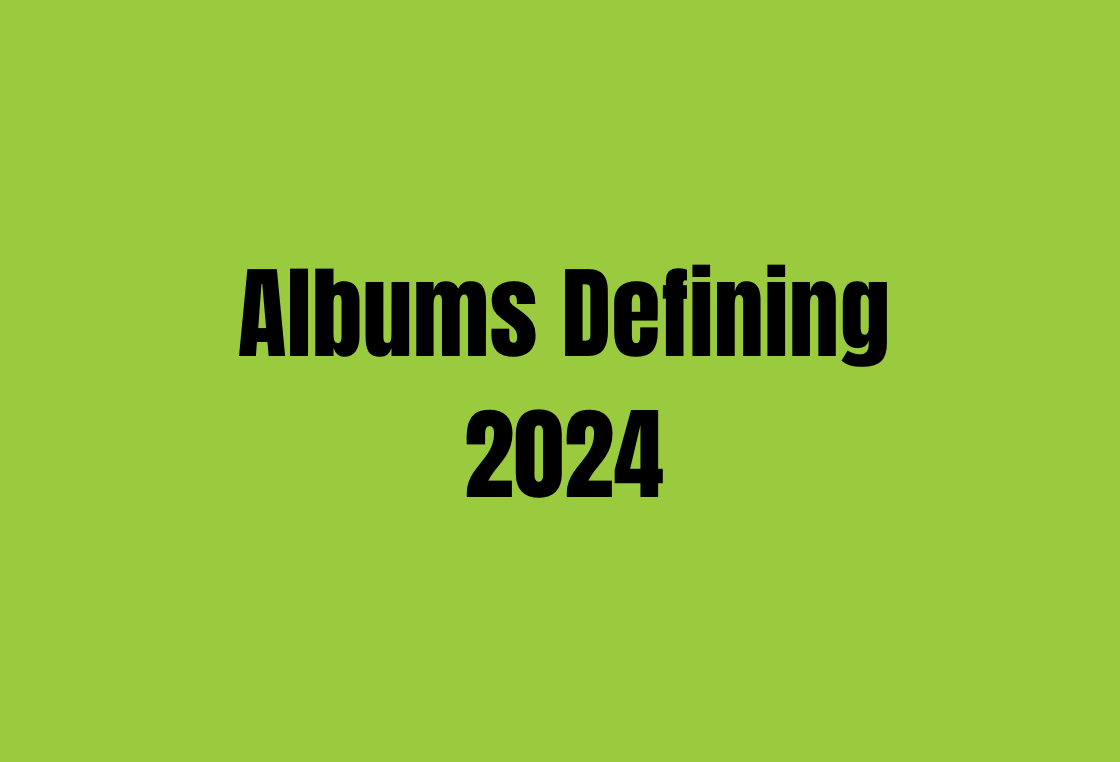Rap is too violent. Country is too hillbilly. Classical is too boring. Most music genres carry a stereotype. It’s easy to imagine ways in which these stereotypes can be wrong, but it’s not as easy to see how insidious their influence can be.
Many artists are working to break these stereotypes, and develop the music industry beyond people’s first, and often inaccurate, impressions. As a country fan, freshman Sarah Currie, agrees that these stereotypes can be very hurtful to the country music industry.
“I feel like when someone thinks of country fans, they think of farmers, uncultured people, and a lot of times Republicans,” Currie said. “I think it definitely makes people shy away from country music because there is a narrative in other people’s heads about the listeners that isn’t always true.”
With every stereotype, there’s always someone who will defy it. For country music, that person is Darius Rucker. As a former artist in the rock band Hootie and the Blowfish and a man of color, Rucker brings a more diverse audience into the country world, as well as breaking many mainstream stereotypes about country music.
“Country music has this stigma of rebel flags and racism, and that’s changing,” Rucker said in a September Fox News article. “I think it’s changing drastically. And I’m just glad. I hope I’m remembered as one of the people that tried to fight that, and one of the reasons that changed.”
Another highly stereotyped genre is classical music. It is often thought of as boring and pretentious and is surrounded by the belief that people need an understanding of music theory or a sophisticated taste to get the full classical experience.
“Classical music can be harder to get into than other genres. It’s usually lyricless and can be daunting to listen to,” senior Aidan Liu said. “Music that’s popular today usually features guitars, drums, keys, synths, and vocals, only one of which has a huge presence in classical music, making it unfamiliar and inaccessible to people who don’t usually listen to it.”
Classical music is usually associated with artists like Mozart and Beethoven, but what some don’t realize is that many artists today use hints of classical music in their songs.
Pop artist Sarah Kinsley started her musical career in classical music training; her love for the complexity of the music genre and the way it can create and interpret emotions led her to include it in her music. Many of her songs, including “I Am Not A Mountain,” feature undertones of classical music in the composition.
“Like pop music however, classical music can be repetitive and or slow, but the lack of lyrics can make repeats even more jarring and boring to some,” Liu said.“I think classical music can be just as fun and emotional as any music we listen to today.”
Freshman Anyiah Hayward-Scott is a rap artist as well as an avid fan of the genre. She agrees that there is a negative stereotype surrounding rap music, and that most of the time it is just trying to tell a story.
“I think a lot of people believe that rap music is about artists that are involved in a bad life, like drugs, violence, things like that,” Hayward-Scott said. “But it honestly just depends on the artist, and what they want to accomplish with their music and how they view the world.”
Many artists including Kendrick Lamar, Tyler, the Creator and Lil Nas X have broken these stereotypes. Lil Nas X is an openly gay rapper in a traditionally homophobic genre. The popular musician has broken cultural and musical barriers with his untraditional approach to rap music.
“I love these artists because they tell the unwanted truth that people don’t want to hear, but have to,” Hayward-Scott said.
These three music genres are all very different, but have one big thing in common, stereotypes. These stereotypes affect the way the music in this genre is perceived. Many artists are changing the way people view music and its stereotypes. Oftentimes artists will hold back, and decide not to explore different music since they are often associated with a certain genre.
“I think that some of these stereotypes can be accurate, but a lot of the time it doesn’t fit the majority of the industry,” Sarah Currie said. “Because of this, these stereotypes can hurt the artist and industry as a whole.”






